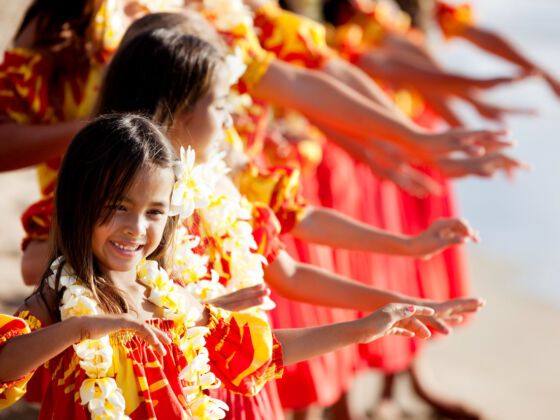“‘O Hawai’i ku’u kulaiwi… Hawaii is my native land.”
My Hawaiian lesson on Youtube begins slowly, the kumu (teacher), a soft-spoken woman, tiptoes gently through the vocabulary of the day. She is dressed in a colorful mu’umu’u, the classic dress of Hawaii.
“Aloha, and welcome to Kulaiwi.”
The video series is easy to listen to and it moves slowly enough so that I don’t have to pause. The goal is to get the learner to speak some basic Hawaiian straight away and to construct conversations as quickly as possible. I repeat each sentence carefully. In my lap, I keep a language notebook where I jot down grammar notes, spelling, and vocabulary. I think I’m making steady progress. The most difficult part for me is knowing where to place the long vowels and the glottal stop — but for the most part, I zip through the lessons without many problems.
